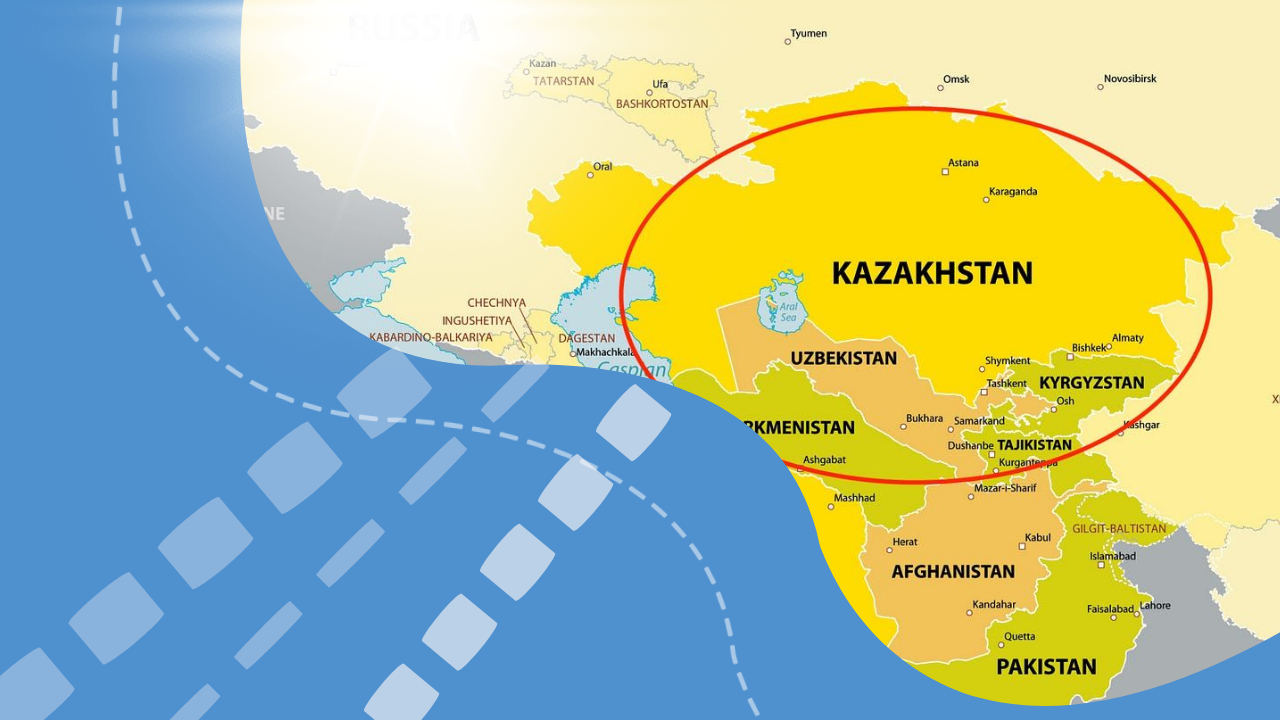Recent severe storms in southern Kazakhstan have caused significant disruptions to operations at various uranium mines, including the vital Inkai mine and processing complex, as outlined in a report by Global X ETFs. These disturbances have led to logistical challenges, particularly in the delivery of reagents, consequently impacting production at the Inkai facility. Despite uranium spot prices stabilizing below $100, attributed to factors like utilities’ purchasing hiatus and profit-taking by hedge funds, prices have remained at levels unseen in 16 years, according to Global X ETFs. The market’s resilience is partly bolstered by government support for nuclear energy, with expansion initiatives announced by countries like Ukraine and Serbia. The flooding, primarily in the region where Kazatomprom operates, Kazakhstan’s leading uranium producer, has intensified supply constraints. Melting snowstorms have further impeded operations at several uranium mines, including the Inkai mine and processing complex. Joint Venture Inkai, managing the Inkai project in partnership with Cameco and Kazatomprom, has been notably impacted by the disruptions. Hindered reagent deliveries have disrupted production activities. However, a return to normal operations at the Inkai facility is anticipated within three months upon the restoration of access roads. Questions have arisen regarding the accuracy of the report’s information, particularly concerning discrepancies in dates. This raises concerns about potential oversights during research or misinterpretation of data by the author. In addition to the uranium mining disruptions, severe flooding has ravaged parts of Kazakhstan and Russia, notably in the Ural Mountains and Siberia. The collapse of the Orsk Dam has resulted in at least eight fatalities and extensive damage, covering an area comparable to western Europe. While flood relief efforts have made significant strides, thousands remain displaced, with ongoing evacuations and housing challenges persisting in affected regions.
Source and Credit: thedeepdive.ca

